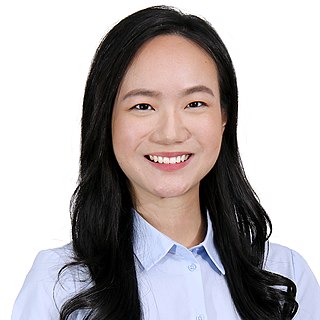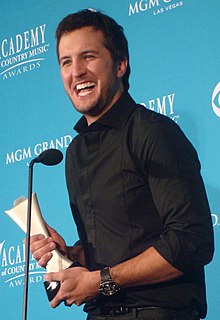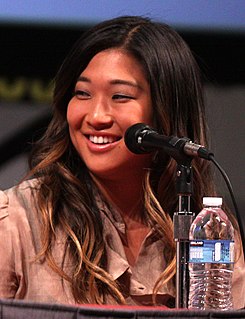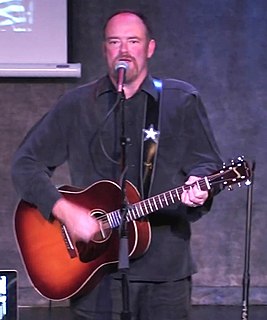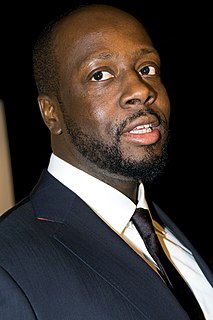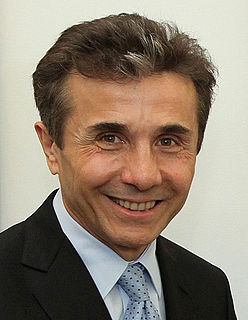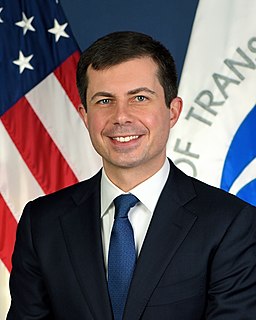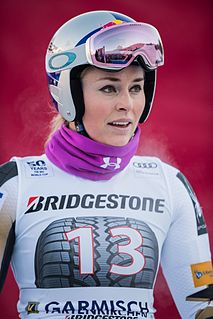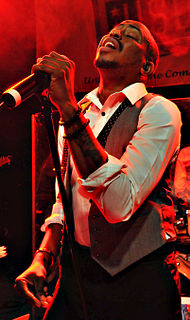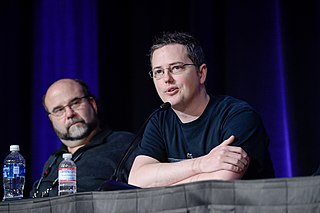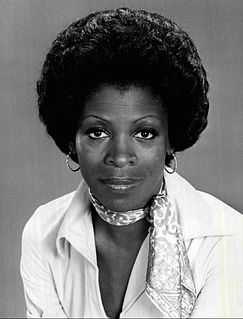A Quote by Nicole Seah
Politics wasn't actively discussed in my household. I only knew that my parents had always supported the opposition.
Related Quotes
Television from its inception had the number one goal to alienate as few people as possible. That's why if you look at 1950s, 1960s American sitcoms, the characters don't live any place in particular, religion is never discussed, politics is never discussed, you never really know what anyone's job is; nothing that could make these people seem different from you is ever discussed.
Growing up in Georgia, my dad was a farmer and we worked in agriculture, so we were always looking up at the sky, checking if rain was in the forecast. That always set the tone for the mood in my household, whether we had rain coming in or not - we knew the crops would be good and it was going to be a good week around the Bryan household.
My father claimed no political affiliation. He supported Al Gore because he knew him as a human being. He supported Lamar Alexander, who was the governor of Tennessee, who was a Republican. It was based on the individual. He didn't believe in politics. He based his support for someone on their heart and their integrity.
Those of us who work in politics can only make ourselves useful if our heads are filled with things that we can contribute to the political space. JFK had this quote about how if more politicians knew poetry and more poets knew about politics, the world would be a better place. Being attentive to the things that add meaning to our lives alongside politics will help us inform our politics with the values that really do make America great.
Coming from a single parent household, I witnessed firsthand the strength and courage of the single mother. I always had my father in my life but my household was run by my mother and my grandmother. As a result, I have always had the utmost respect for women and have chosen to strongly convey that in my music.
